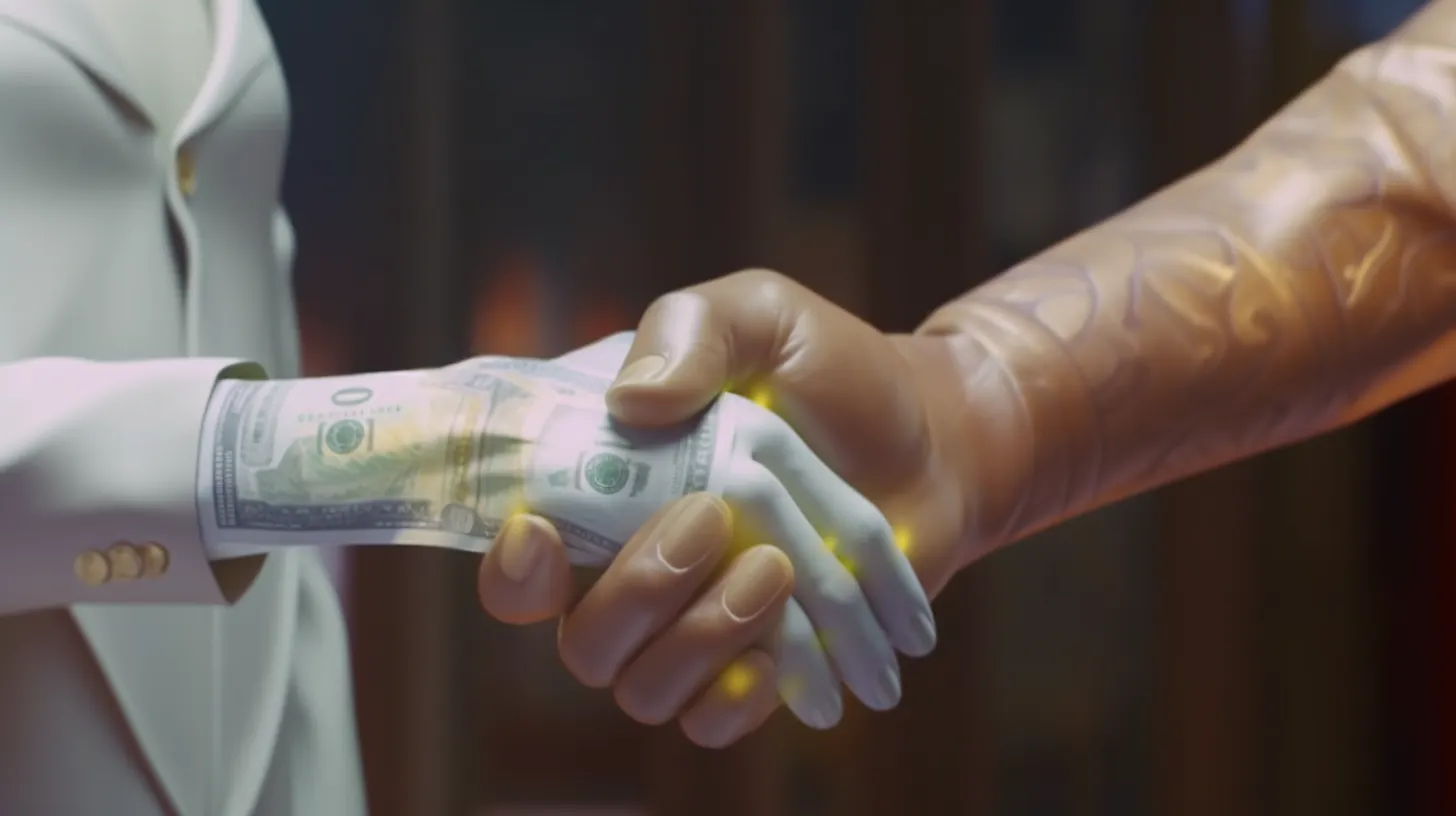A Thai man won nearly $60 in a lottery, based on a two-digit number generated by an AI chatbot. The story, predictably, has gone viral.
Patthawikorn Boonin used ChatGPT, a sophisticated AI language model that’s trained to chat about various topics, from creating shopping lists to planning trips. However, predicting the future is explicitly not part of its training.
In fact, when you ask the chatbot to make predictions, it replies:

So how’d Boonin do it?
According to local news outlet The Thaiger, Boonin won a total of 2,000 baht (around $59) after finding a work around to the chatbot’s reluctance to play the lottery.
The details are actually less thrilling than it sounds: He got the AI to generate four, two digit pairs— 57, 27, 29, and 99—which Boonin played in the Thai Government Lottery. To his surprise, the number 99 was drawn, earning him his cash prize.
Nostradamus-GPT?
The tl;dr: The chatbot made a good guess.
The core of any (non-rigged) gambling game depends primarily on randomness. After all, if outcomes were predictable, no one would bet on losing options. Yet, there are nuances regarding the concept of "randomness."
True randomness involves unpredictable events that naturally occur in our universe, such as radioactive decay or the day we die. Algorithmic randomness, on the other hand, simulates random events using mathematical algorithms called pseudorandom number generators (PRNGs).
Although PRNGs create number sequences that seem random, they are based on deterministic formulas and are thus somewhat predictable. As PRNGs rely on initial values or seeds, artificial intelligence could, in theory, predict these algorithms' outcomes by analyzing vast amounts of generated data. By detecting hidden patterns and potential correlations in number sequences, AI could refine its model to better predict the next pseudorandom algorithm-generated number.
Of course, this hasn't occurred yet—and it sure didn’t happen in Thailand since Boonin didn’t have the historic data to input. Even if he had, ChatGPT isn’t yet sophisticated enough to do the math.
We asked GPT4 if it would ever be able to predict lottery winners. It said the feat was “highly unlikely.”
“Lottery numbers are drawn randomly, and the systems are designed to ensure that the process is as unpredictable as possible,” it said. “To predict lottery winners, an AI would need to be able to predict true randomness, which is fundamentally impossible.” Killjoy.

